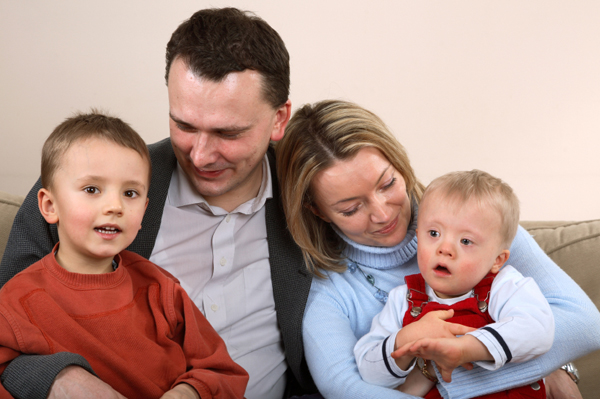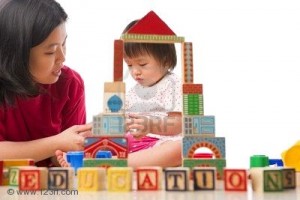Every year here in Bend, OR we have “The week of the young child.” It’s a week of activities centered around child development in the first five years of life. Last night I went to a really great free event with several speakers who shared their passions about supporting child development. We heard a lot about pre-literacy and how to prepare young children for reading. But the speaker that moved me most talked about the importance of play in learning and development.
In humans, as in other animals, play is crucial to learning. When children engage in imaginary play they are acting out possible real life scenarios, practicing skills they’ll need as they mature, and processing experiences they’ve had. So, if we want to support our children’s learning and growth, it’s absolutely necessary that we play with them. I want to repeat that, because it’s not just that we ought to allow our children to play or invite their friends over to play with them. We actually need to get down on the floor and play with them.





